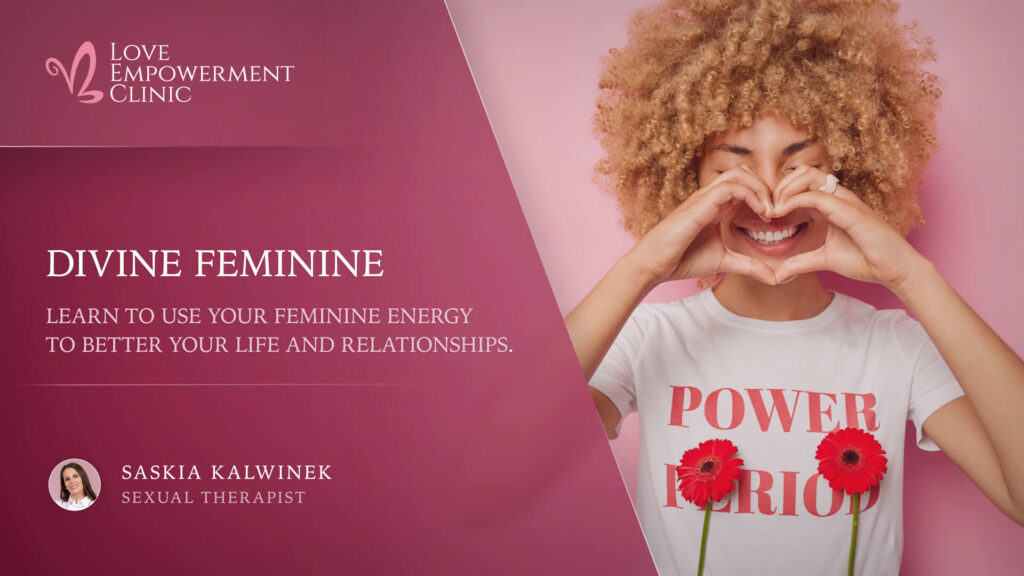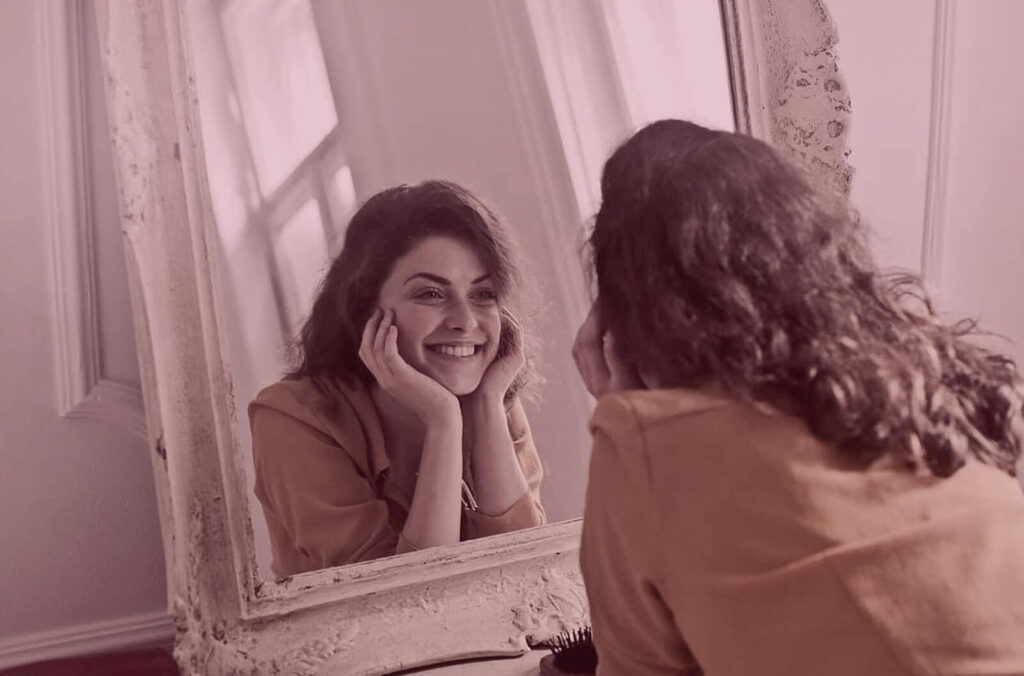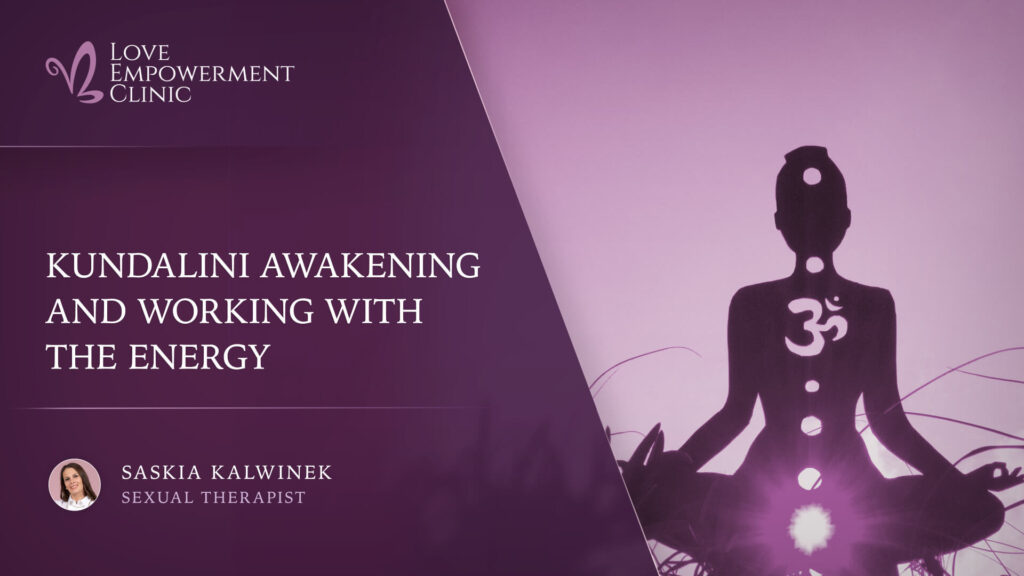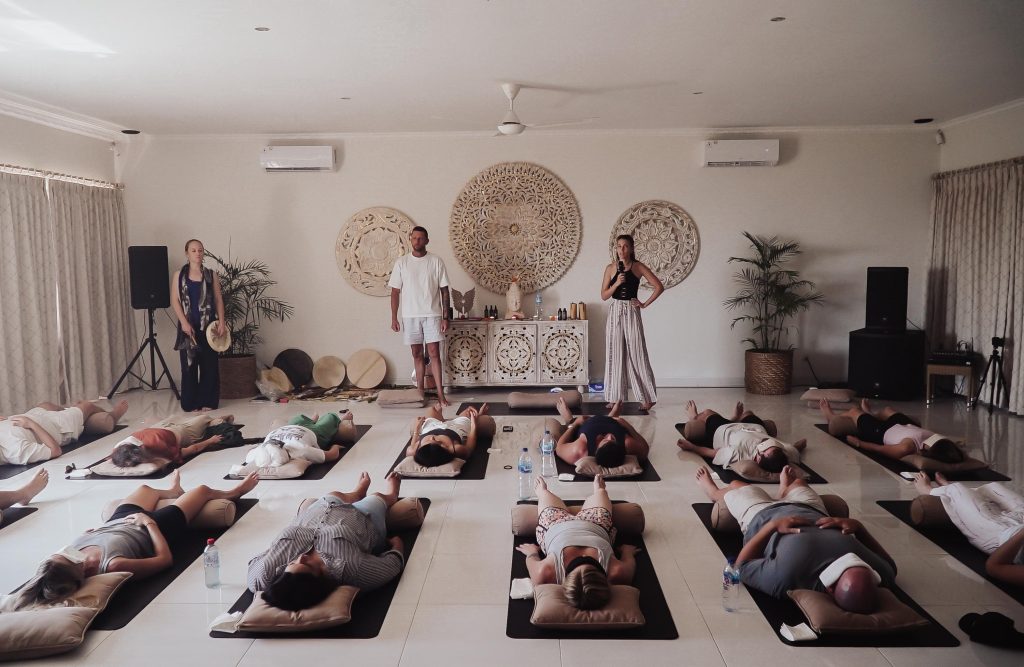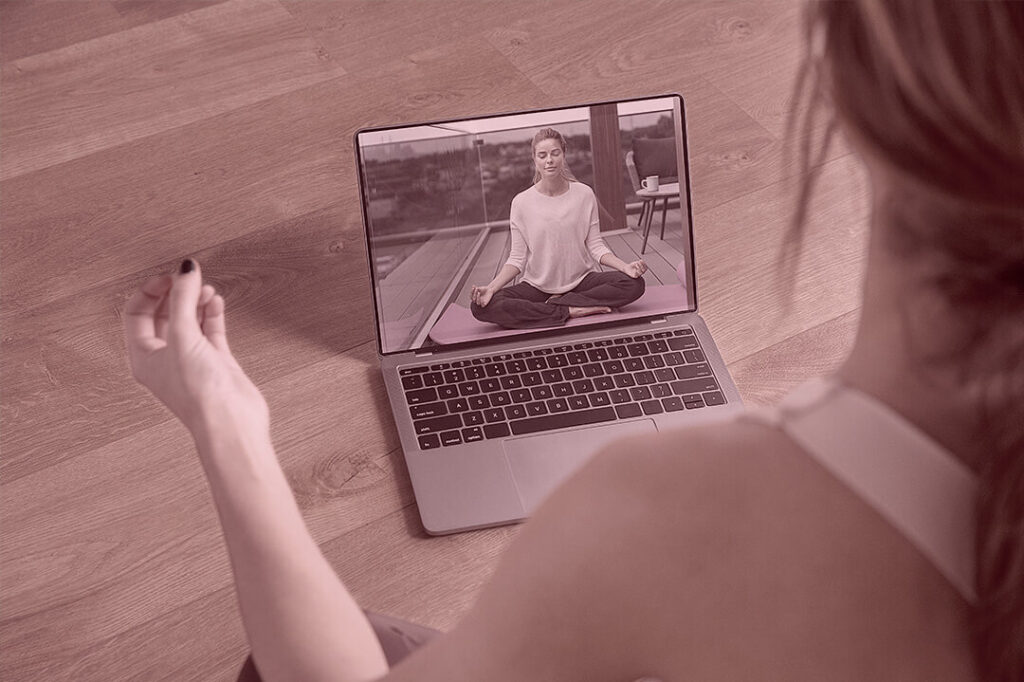Stages of Finding a Partner & How Our Trauma Shapes the Journey

Stages of Finding a Partner & How Our Trauma Shapes the Journey
Hey love — pull up a cushion, grab a cuppa, and let’s chat about something we all go through (whether we talk about it or not): finding a partner and what kinds of relationships we experience, especially given the trauma, attachment and growth we carry in our bodies. I know I’ve been there (and I bet you have too), and I want to walk with you through the three big stages I see a lot in my work at the Love Empowerment Clinic in Sydney. I help people understand their behaviours, reactions, attachment styles and subconscious emotional blocks that are keeping them away from the life and relationships that they want. We also go deeply into formation of good communication and boundaries with others and how to hold yourself in a way that people who want to push them do not have the ammunition.
You can have all of these stages with 1 person! But majority of us will have multiple relationships before we can work it out, so let’s get to it!
In my professional practice I often help my clients with navigating their relationships and developing healthy communication strategies to grow together rather than keep stagnant until the divorce.
Stage 1: Young Infatuations
Ah yes, the first flutter of butterflies. We open our hearts, we step into the dating scene thinking anything’s possible, and wow it’s fun. But – and you know this – it can already be a bit painful. Because we’re still learning how to love, how to receive love, and how to trust safely.
In this stage we’re wide-eyed. “Is this it?” we ask. We might choose partners who mirror the safe parts of us… or the wounded parts. We learn early that love can hurt.
Because yes: even in this “cute” stage, trauma (past hurt, parental models, body-held stress) may already be shaping our choices. We might fall for someone who triggers our childhood loneliness, or someone who can’t stay. That’s okay — it’s a learning stage. We open the heart, we experiment, and we start to realise: “Hmm, I want something more than this next time.”
Stage 2: First Serious Relationships (and the surprise lessons)
Now we get serious (or think we do). We’re ready for something deeper, more stable. We pick someone, perhaps stay with several people, explore what we actually want in a serious partner: communication, vulnerability, shared values, fun.
Here’s where the trauma and attachment patterns can show up big time:
-
If we’re avoidant (body-wired to disconnect), we might stay in a safe but shallow relationship, never really diving in.
-
If we’re anxious (body wired to cling), we might pick someone unavailable then repeat the hurt-pattern again.
-
Some people think they’re “ready”, but the wounded parts are still beneath the surface — so they get stuck.
I see it a lot: marriages and long-term relationships where one or both partners wonder why they’re unfulfilled, or why communication always goes sideways. Maybe someone doesn’t want to look deeper. Maybe there’s even abuse because the trauma-bond is strong. Because trauma held in the body plays out in how we connect, speak, fight, and heal. (See this article on how unprocessed trauma influences romantic relationships for more.) Psychology Today
This stage: critical learning time. Not necessarily the “last” relationship, but a prep for the ultimate partnership.
Stage 3: The Ultimate Partnership
Ah — the dream! Two individuals who choose each other, free of unnecessary baggage, grounded in self-work, aligned, spark intact. But here’s the real talk: I don’t see this as often as the other two stages. Because many couples think they’re here, but they’re actually still in trauma-bond mode.
In the ultimate partnership:
-
You have worked on yourself. You know your subconscious patterns. You live your safe independence. You don’t need the relationship, but you choose it.
-
You have released past relationship and ancestral traumas from your body.
-
You’re selecting your person based on compatibility, shared values, attraction, and growth—not settling.
-
The spark is real, not just survival-wired. When difficulties hit? You bounce back together quickly because you’re working individually and together.
So yes — stage 3 is possible, but it requires the healing of stage 2 and the courage to step beyond it.
Five Tips to Get from Stage 2 → Stage 3
-
Track your triggers in the body: When you argue, retreat or freeze, notice what your body does. Then name it out loud (“When you said that I felt ____ in my chest”). This is trauma-informed relational work.
-
Upgrade your partner-criteria list: Make a real list of what matters (values, communication style, conflict resolution) and what you’ll no longer tolerate (avoidance, stone-walling, disrespect). Then be strict.
-
Heal the old story: Go back (with therapy or support) and ask: “What am I still repeating from my past?” Because until the old story is understood and released, it keeps showing up.
-
Build independent self-worth: Invest in yourself: hobbies, friends, physical health, your own voice. A strong you = less likely to settle.
-
Practice “we” plus “me”: The ultimate partnership isn’t 24/7 glue. It’s two whole people coming together. Create rituals of connection and rituals of self-time. That balance = resilience.
✅ Checklist: Am I Ready for Stage 3?
-
I can be alone and feel whole.
-
I recognise my attachment style (avoidant/anxious/secure) and I’m working on it.
-
I no longer attract partners who mirror my early trauma patterns.
-
I have clarity on my values and deal-breakers.
-
I experience the “spark” and also deep safety (not just excitement).
-
I know how to fight well in relationships (safe communication, repair, empathy).
-
I release my past (or I’m actively working on it) so that old baggage doesn’t colour every moment.
-
I choose someone with me rather than for me.
If you tick most of these, you’re well on your way to stage 3. If you’re still stuck in stage 2? That’s totally normal — and you now have a map.
Why This Matters
When we ignore the role of trauma, attachment and body-held patterns, we keep repeating relationships that feel like déjà-vu for all the wrong reasons. The weird “I’m madly in love, but I always feel empty” or “we’re together but I don’t feel safe” stuff? That often means we’re operating in stage 2, not stage 3.
Working with a trauma-informed approach (like at our couples therapy or sex therapy services at the clinic) means you don’t just get “relationship advice” — you get healing, embodiment, and real transformation.
If you’d like to explore how to move into that ultimate partnership with ease and confidence, check out our pages for –
And of course you can always go back to our Home Page to revisit our full range of services.
